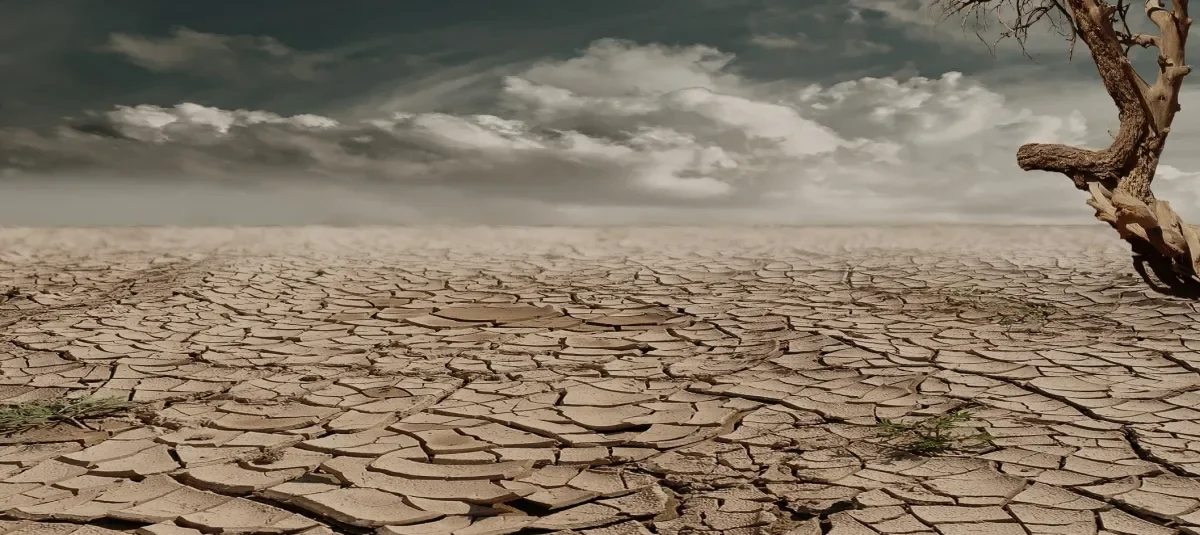

The Sixth Extinction Symposium: Plan and Vision
Vision / Plan for the Symposium
Symposium on Religion and Climate Change
The Sixth Extinction: Interreligious Insights, Warnings, and Questions
School of Theology, Philosophy, and Music and the Centre for Interreligious Dialogue
DCU All Hallows Campus, Drumcondra, Dublin 9
Wednesday 19th September 2018, 10:45 AM to 4:30 PM
Global Warming; Deforestation; Water, Land, and Air Pollution; Desertification; Melting Icecaps; Rising waters; Draught; Extreme weather-events; the destruction of habitats, species, and overall biodiversity—such are some of the worsening realities contributed by and facing humanity. While some propose looking for alternatives beyond earth, the majority of human life is blessed and fated to live and die here on the third planet from the sun in the Solar System. Immersed in the goldilocks zone of planets, we are the ones slowly undermining if not destroying this gift. Fortunately, there are resources, stories, and individuals who embody peaceful and positive ways to counter this self-destruction, and much of this wisdom resides in our religious and moral communities.
In the Catholic Church, Pope Francis helped focus the Church and the greater world on the need for ecological responsibility through his 2015 encyclical Laudato Si’. Such calls have also been echoed in other religious traditions, especially among many indigenous and primal peoples. 2007, for example, saw the publication of the United Nations Declaration on the Rights of Indigenous Peoples, and the close links of religious identity, spirituality, and well-being are deeply intertwined with the care and sustenance of the natural environment and all of creation.
This workshop brings together a select group of religion and ecology scholars, environmental pathfinders, and experts in interfaith and interreligious dialogue to discuss their research and work in the following areas:
- Interreligious resources for addressing global warming and other ecological flashpoints and divides
- Indigenous platforms and expertise on living within and of Nature
- Moral insights on sustaining and expanding biodiversity
- How Science and Religion both contribute to Ecological Healing
- Obstacles to Ecological Healing: Theistic and Nontheistic Perspectives
Statements of Support from Irish Jewish Communities
As Jewish people around the world commemorate their holiest day of the year, Yom Kippur, the Day of Atonement, the Orthodox and Reformed communities in Dublin have expressed their support and solidarity with the aims of the symposium today.
Rabbi Zalman Lent, Dublin Hebrew Congregation
There is a Jewish teaching (Midrash Kohelet Rabbah 7:13) that when God created Adam He showed him all the beautiful trees of the Garden of Eden and instructed him “Observe how beautiful my creations are. All that I created is for you. Be careful not to destroy my world because if you destroy it no one else will fix it.”
Another particularly striking passage in the Torah contains the prohibition of cutting down fruit-bearing trees even for use in war. “For is the tree of the field a man?” that they should suffer too, asks the verse rhetorically. No, they are to be left alone.
Climate change is something that should concern all of those who inhabit this planet, of all faiths and of none. We have a duty of care which we have long neglected. Hopefully, together, we can begin to right those wrongs.
Excerpt from paper by Rabbi Dr. Charles Middleburgh, Dublin Jewish Progressive Congregation
10.Tikkun Olam:
The perfection/fixing of the world is in our hands. There is a midrash (Rabbinic commentary on the Bible) which Jewish environmentalists are fond of quoting: “When God created the first human beings, God led them around the Garden of Eden and said: “Look at my works! See how beautiful they are—how excellent! For your sake I created them all. See to it that you do not spoil and destroy My world; for if you do, there will be no one else to repair it.” (Midrash Kohelet Rabbah, 1 on Ecclesiastes 7:13) In the Jewish liturgy there is a prayer called Aleynu in which we ask that the world be soon perfected under the sovereignty of God (le-takein ‘olam bemalkhut Shaddai).Tikkun Olam, the perfecting or the repairing of the world, has become a major theme in modern Jewish social justice theology. It is usually expressed as an activity, which must be done by humans in partnership with God. It is an important concept in light of the task ahead in environmentalism. In our ignorance and our greed, we have damaged the world and silenced many of the voices of the choir of Creation. Now we must fix it. There is no one else to repair it but us.
